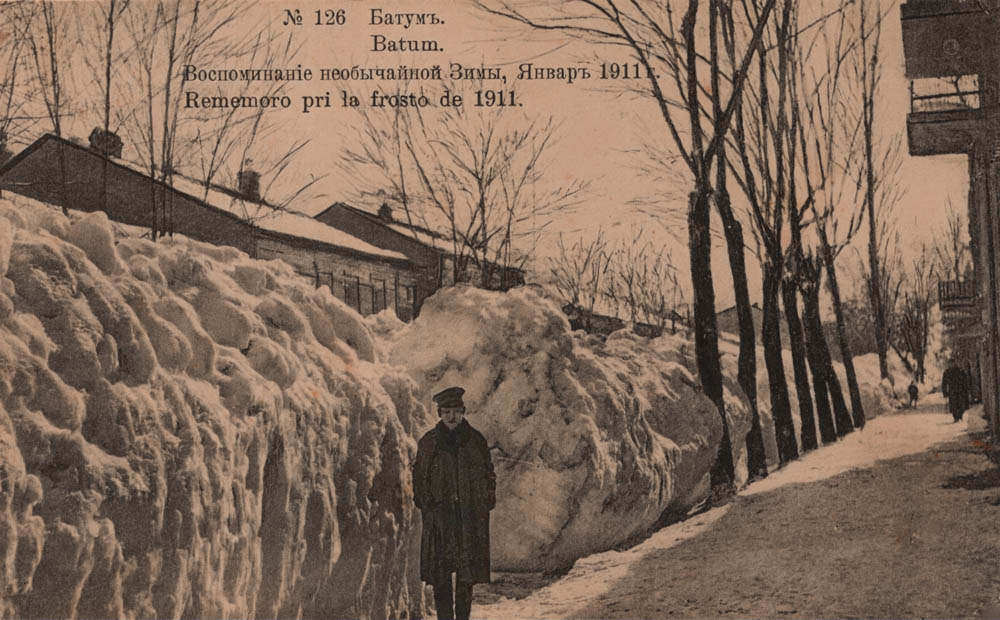It is believed that Batumi is located on the site of one of the Greek settlements on the Black Sea coast. This hypothesis is supported by the Greek name of the region, Batus Liman (“deep harbor”), from which the modern name of the city likely originated.
A number of archaeological finds (amphorae) also testify to the Greek origin of the city.
The results of excavations confirm that the earliest settlements on the site of modern Batumi date back to the VIII-VII centuries BC.
In the 15th century, Batumi was occupied by the Ottoman Empire.
The Gurian princes twice reclaimed the city, in 1564 and 1606.
The second time, only the harsh Ottoman blockade of the western coast of Georgia forced the prince to hand over Adjara to the sultan.
The Treaty of San Stefano, which ended the Russo-Turkish War of 1877-1878, returned Batum to Georgia.
Until 1886, the city was a free port. This was a period of rapid development for the entire region, especially after the construction of the railway and the kerosene pipeline from Baku was completed.
Batumi officially received city status and the right to elect a city council on April 28, 1888.
During World War I, Batumi was occupied by the Ottoman Empire for the last time. After the war ended, the city came under British influence.
The British left Batumi on July 7, 1920, and the city was returned to Georgia.
